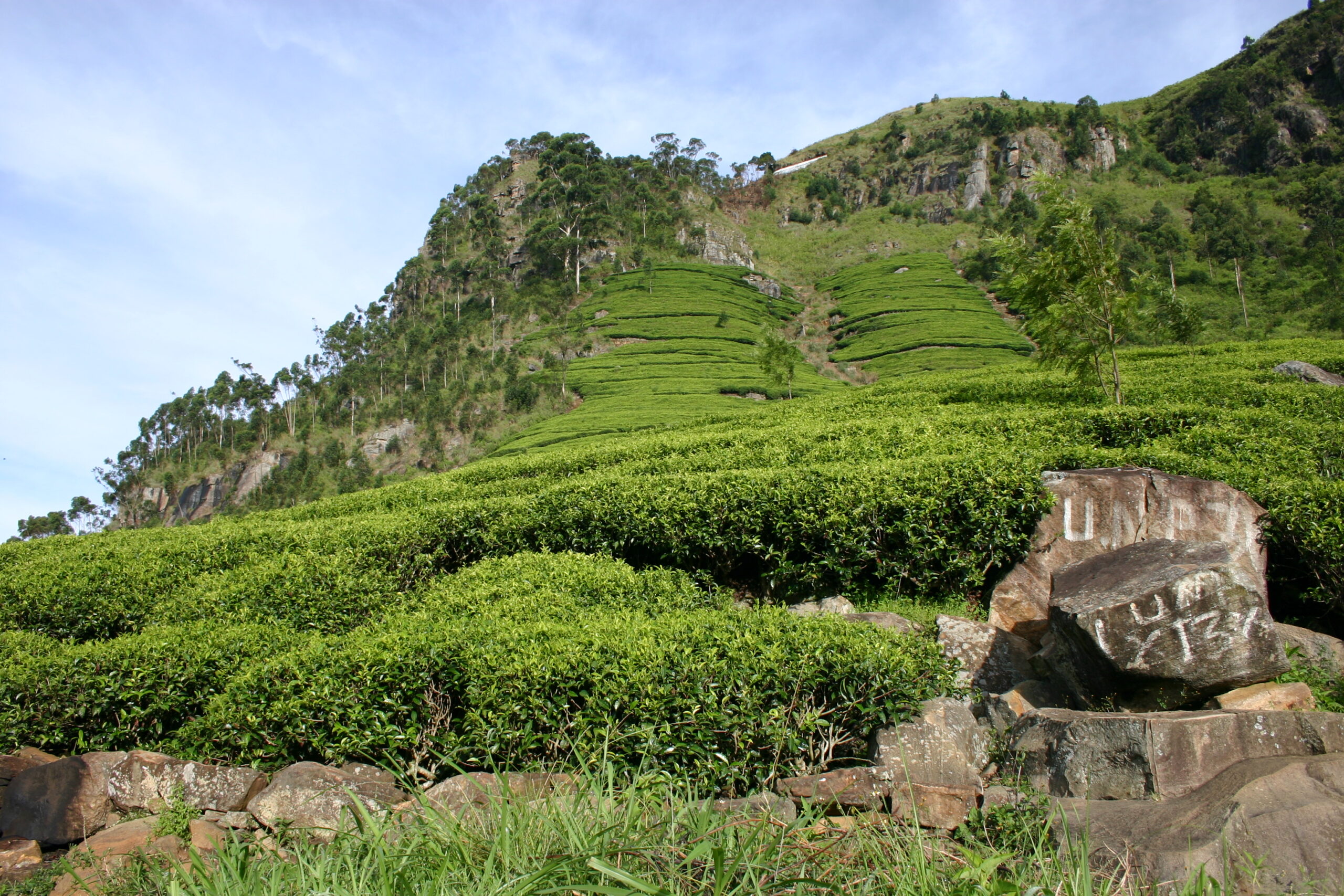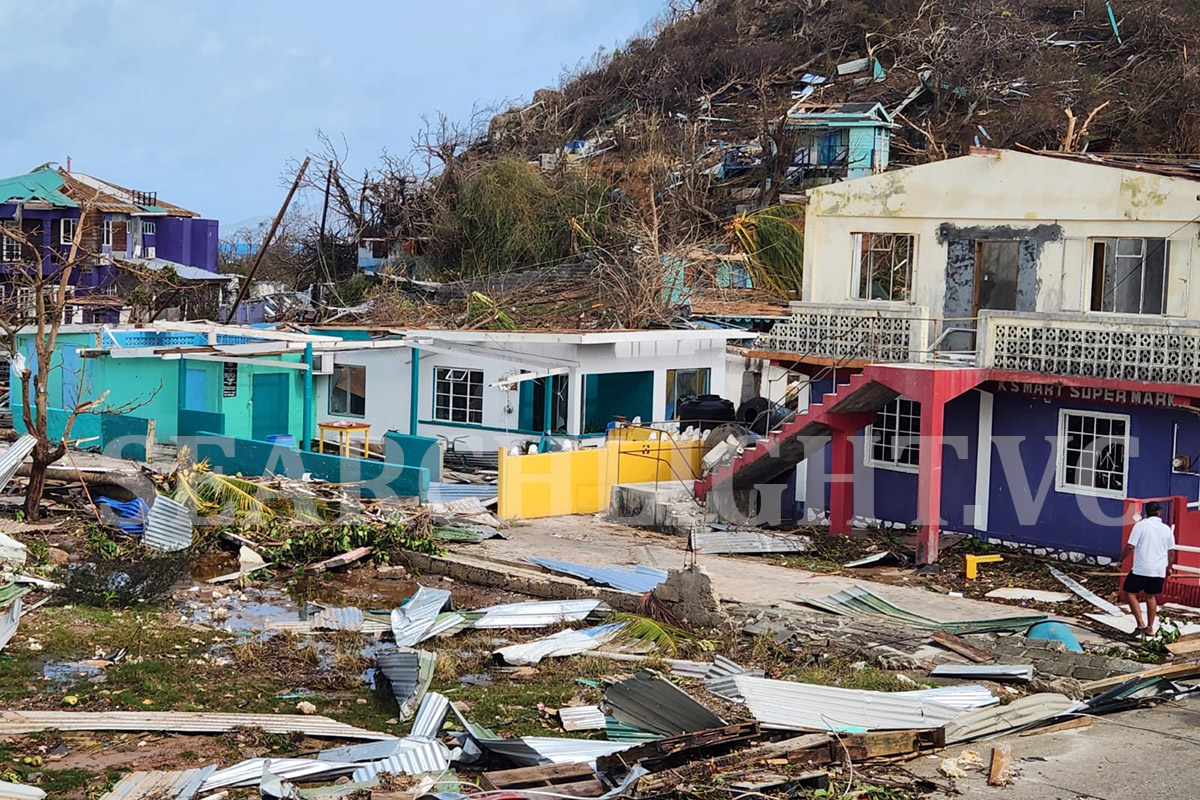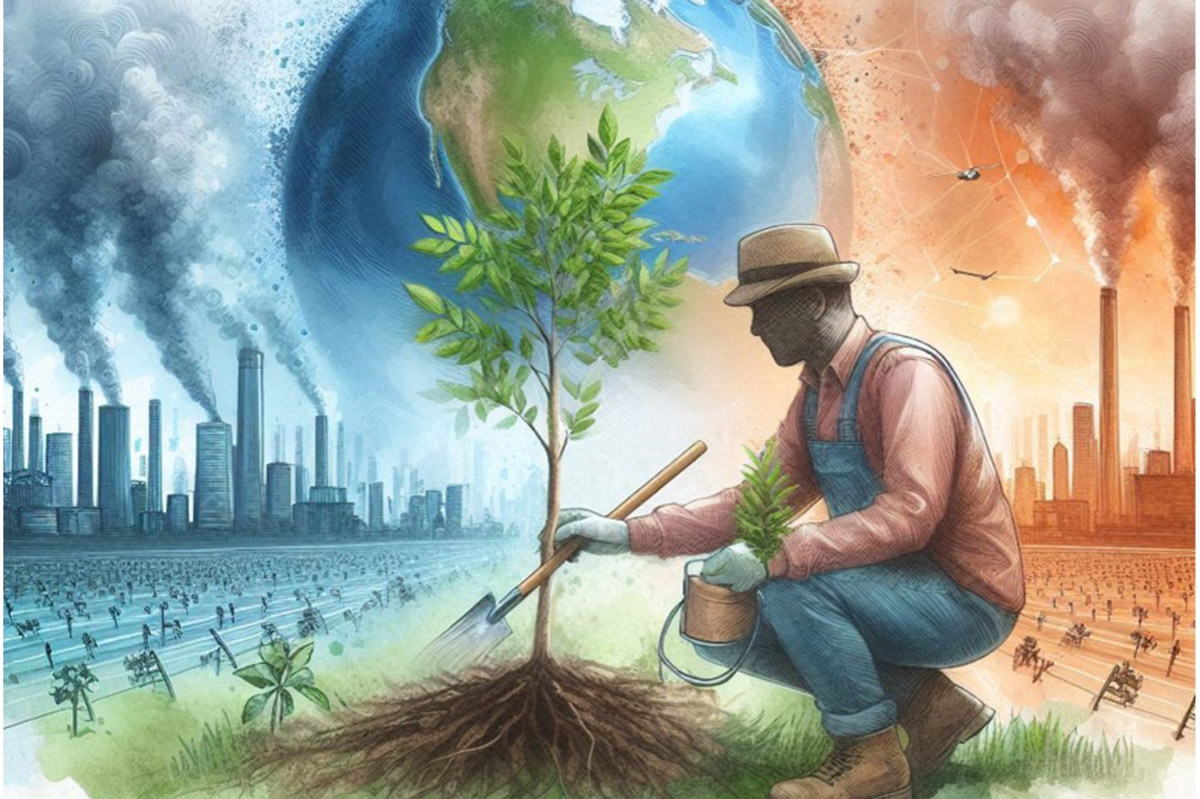Approaching Agriculture Nature’s Way
July 3 Given the realities of climate change, Wathsaridu Karunarathna, 26, a Correspondent from Sri Lanka, believes a more sustainable approach to farming is needed in his country. He suggests that permaculture would be beneficial to agriculture in Sri Lanka.
Given the realities of climate change, Wathsaridu Karunarathna, 26, a Correspondent from Sri Lanka, believes a more sustainable approach to farming is needed in his country. He suggests that permaculture would be beneficial to agriculture in Sri Lanka.
World Environment Day 2018 was celebrated just last month, under the theme “Beat plastic pollution. Across the world, discussions about environmental conservation, as well as public rallies, tree planting, and beach cleaning exercises took place to mark the day. But just a few weeks later and many communities are continuing their daily routines with little regard for climate change. This too is the case in Sri Lanka.
It is still questionable the extent to which everyday people in their communities in Sri Lanka are taking climate-smart action in areas like agriculture.
Agriculture may not be seen as a sexy occupation, but introducing permaculture can make a difference to both the perception of agriculture and its sustainability and resilience to climate change.
Introduced by Bill Mollison in 1978, permaculture, also known as permanent agriculture is an integrated system of farming that works with nature rather than against it.
Through this approach, local communities can be taught to follow eco-friendly farming techniques, design diversified ecosystems, use water resource management, and landscape designing, to improve soil structure and agricultural sustainability.
Traditionally, Sri Lankan farmers have used two primary systems of farming, Chena and Paddy cultivation. Today, we live in a society with pressing economic needs and in order to cope with these demands, many farmers are indulging in unsustainable agricultural practices.
One such worrying practice is the dependence on a single crop. Permaculture steers farmers away from this monoculture and towards cultivating a wide range of edible plants. This means if one crop fails, the farmer is more likely to have other options while being protected from economic devastation.
Another concern is the overreliance on chemical fertilizers. When farmers are faced with poor quality soil, they generally add chemical fertilizers. When there’s an insect problem they resort to spraying the plants with pesticides. Not only are these pesticides expensive but they are also reported to be at the root of some of the health challenges and environmental degradation we face.
Permaculture, however, offers a more sensitive approach to agriculture. It is more in sync with the existing systems in nature. It observes and works with nature to find ecologically sustainable solutions.
There are three values which underpin permaculture. They are:
- Care for the earth (husband soil, forests and water)
- Care for the people (look after self, kin and community)
- Fair share (set limits to consumption and reproduction and redistribute surplus).
These are some of the permaculture principles that agriculture in Sri Lanka could benefit from:
Observe and interact
Pay more attention to nature and consciously and carefully identify solutions that preclude devastating technology.
Catch and store energy
Make every effort to harness, save and invest in energy.
Obtain a yield
Ensure that you are reaping a reward from your efforts. Our mindsets are often fixed on quantifying things. We merely see our yield as a kilo of tomatoes or pumpkin. Why can’t we also see our yield in relation to the effort we put in, the lessons learned, experience gained and health benefits?
Use & value renewable resources and services
Renewables can be sources of income and we should make use of them. For example, there are countries that use chicken and pigs to prepare the ground for planting instead of tractors and rotary hoes.
Produce no waste
Every product is useful somewhere within the system, even those things we tend to discard. For example, when your household drainage line is connected to sewerage lines, it does not generate an income for you but rather it is a cost to you. Instead, if you can convert your drain to produce compost for your plants you’ve made good use of your waste.
Design from patterns to details
After observing nature, we can start understanding that complex systems that work tend to evolve from simple ones.
Integrate rather than segregate: The correct selection and placement of varieties, animals, and earthwork can result in greater integration and yield positive results.
Use small and slow solutions
Alternatives and improvements can be made but changes should be on a small rather than a big scale and done at a reasonable rather than a rushed pace.
When we reflect on the sudden changes in weather patterns in Sri Lanka and realize how different they are from those our ancestors and elders have experienced over the centuries, they are a reminder that we need to adopt climate-smart approaches in all sectors, including agriculture.
Practicing a regenerative way of farming like permaculture is essential to the development and sustainability of agro-based countries like Sri Lanka.
………………………………………………………………………………………………………
Photo credit: The Commonwealth Secretariat
………………………………………………………………………………………………………
About me:
I’m from Welimada, Sri Lanka. I am a Civil Engineer who is passionate about uplifting the living standards of the average community. A former travel journalist, I believe that advocacy can increase the credibility of civil society organizations, strengthen and expand the democratic space by encouraging the participation of citizens in policy-making. That is what I strive for.
In wanting to build a participatory dialogue I have engaged in freelance writing. A former rower and a karateka, I love volunteering and traveling.
………………………………………………………………………………………………………
Opinions expressed in this article are those of the author and do not necessarily represent the views of the Commonwealth Youth Programme. Articles are published in a spirit of dialogue, respect and understanding. If you disagree, why not submit a response?
To learn more about becoming a Commonwealth Correspondent please visit: http://www.yourcommonwealth.org/submit-articles/






